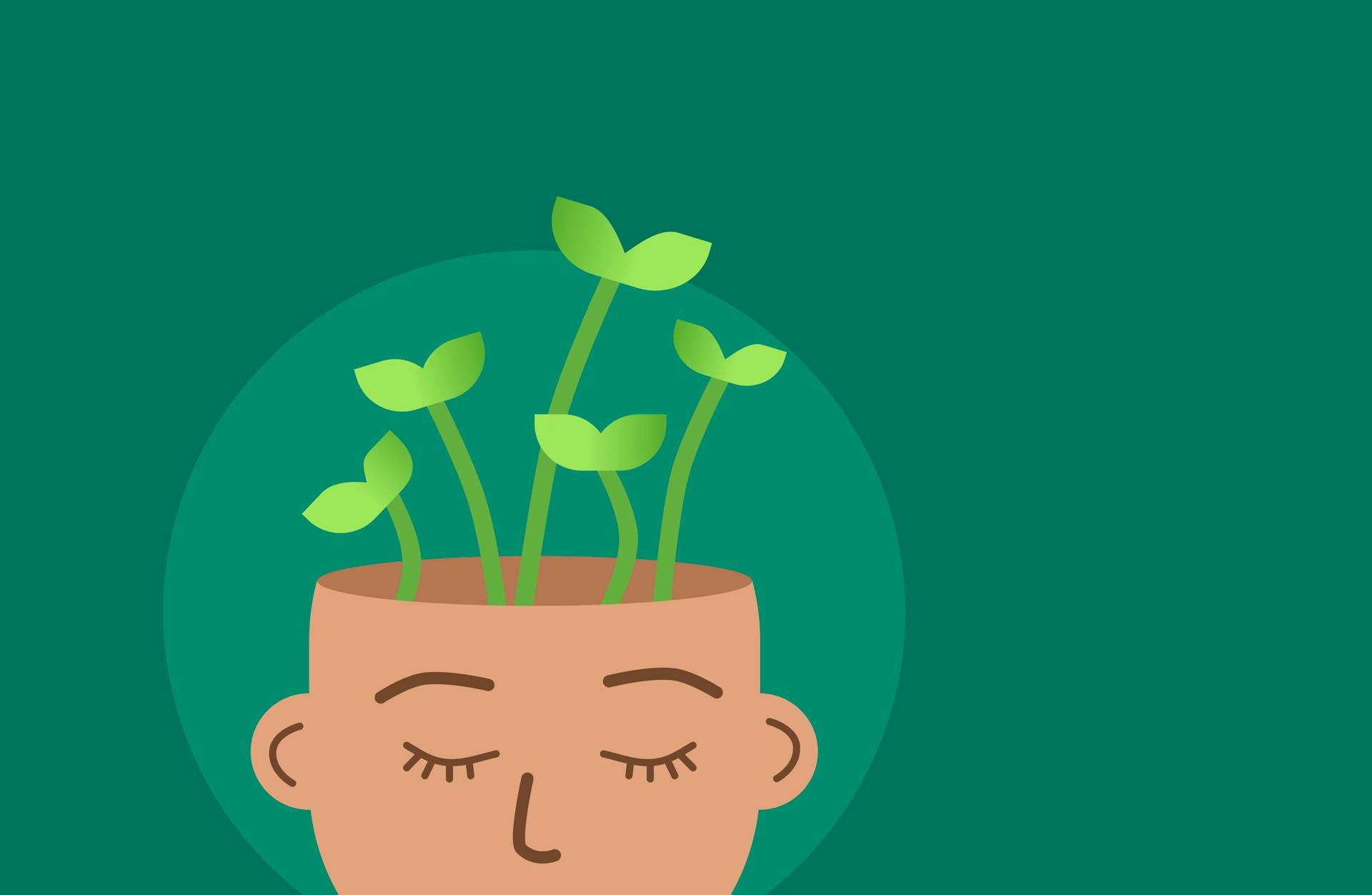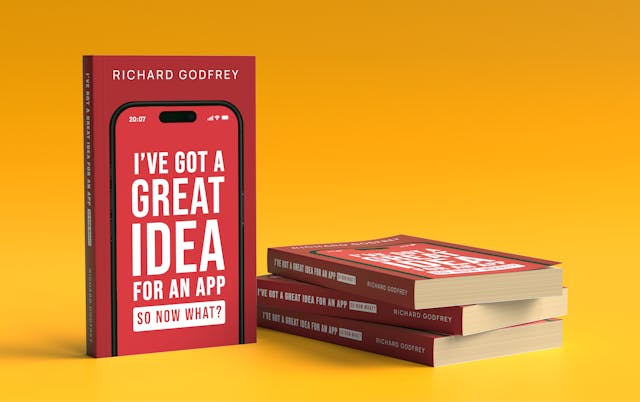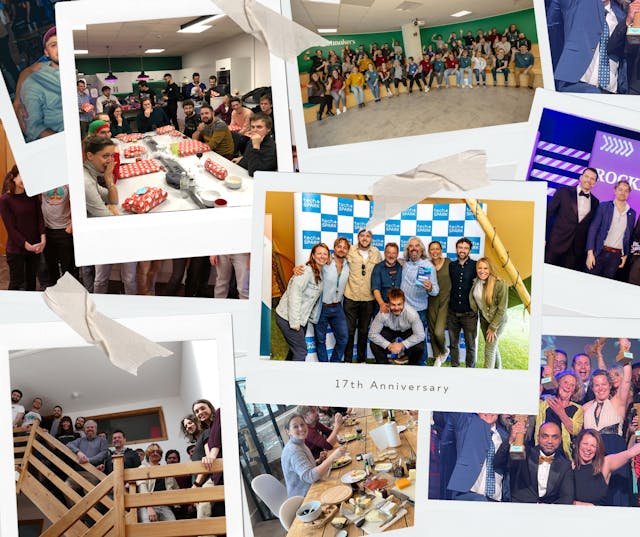World Wellbeing Week

It’s World Wellbeing week this week, which is the perfect time to outline just some of the ways Rocketmakers focus on the wellbeing of the crew.
I’m in the Wellbeing “seat” at Rocketmakers, which means I have dedicated time in my calendar every day to make sure that we are doing all we can for the crew where wellbeing and mental health are concerned. Wellbeing is about more than just physical health – it includes mental, social, and even financial health as well. Our wellbeing policy covers all of these to ensure we’re supporting all four wellness ‘pillars’.
Wellbeing isn’t static – it ebbs and flows, and everyone experiences it differently. A lot can happen from week to week and it’s important not to rest on your laurels thinking, “that’s it - we’ve cracked it! Everyone’s okay!”. Fortunately, there are things that we can do to proactively improve our wellbeing. Here are some of the areas we’ve focused on recently:
1. Getting enough sleep. This is critical for both physical and mental health, with most adults needing 7-8 hours of sleep per night. The Rocketmakers book club recently read the book “Why We Sleep” by Matthew Walker. The book is packed with a lot of great insights into the science of sleeping - as our developer Adam Walker (no relation) put it afterwards, “almost every sentence I read, I had no idea about before”. Our flexible work hours are helpful for this, too, with some people starting early so they can finish early for an afternoon nap in the sunshine in their hammock (naming no names), while others get a good lie-in and stay later into the evening.
2. Eating healthily. A nutritious diet is essential for overall health and wellbeing, but tech culture has a bit of a reputation for pizza and beer, so we were keen to address that and help the crew make better choices. Our Head of People, Sian, set up a regular weekly fruit delivery right to the office. It’s been a popular way for people to snack throughout the day and save some money on lunch at the same time. Our CMO, Briony, is a nutritional therapist and keeps us in check with regular tips, including her latest blog here.
3. Being active. Exercise is a great way to boost energy levels, improve mood, and reduce stress. We’re fortunate to have a large number of standing desks at work, perfect for those wanting to stretch their legs and reduce the impact of sitting for a full workday. One of our developers, Judith, even has a treadmill desk and walks 3km an hour during her day. We also have regular outdoor socials and clubs including bouldering every week and running on Monday lunchtimes.
4. Taking breaks. When we’re feeling overwhelmed or stressed, it’s important to take a step back and take a break. Whether it’s a few minutes to yourself or a longer vacation, taking time to relax is crucial for maintaining wellbeing. Our unlimited holiday policy is the real champion for this, put in place so people didn’t have to feel they were counting their days throughout the year. It makes a real difference when you know you can take a break without it affecting your allowance, not having to choose between your mental health now or a holiday later. When I first joined I grilled the team about what the secret upper holiday limit was, and there really isn’t one - we stick to a general ‘don’t take the mickey’ rule, with a principle of trust, and it’s not been a problem for anyone so far.
5. Connect with others. Social connection is an important part of wellbeing. We have monthly board game and video game nights, and regular games of chess and “Magic: the Gathering” break out most lunchtimes. But our biggest social event is on the last Thursday of the month, when the whole company is invited to a social event in Bath with drinks paid for by the Elders (our affectionate name for the company founders, Richard and Keith). It’s a great way to catch up with people and there’s no pressure to do anything a certain way - some people stay for one drink and head home, while others stay out into the night, and everyone is welcome.
Of course this isn’t all we could do and we’re always looking to improve. What’s right for us now may not be right in the future, and as people come and go, the culture will evolve with new ideas and preferences. Much like software, where every day is different and there’s always something new to learn, I treat wellbeing as something that’s always in flux, with the aim of doing the best we can with whatever circumstances we find ourselves in each day.



